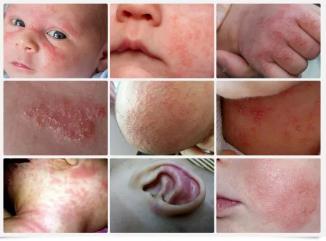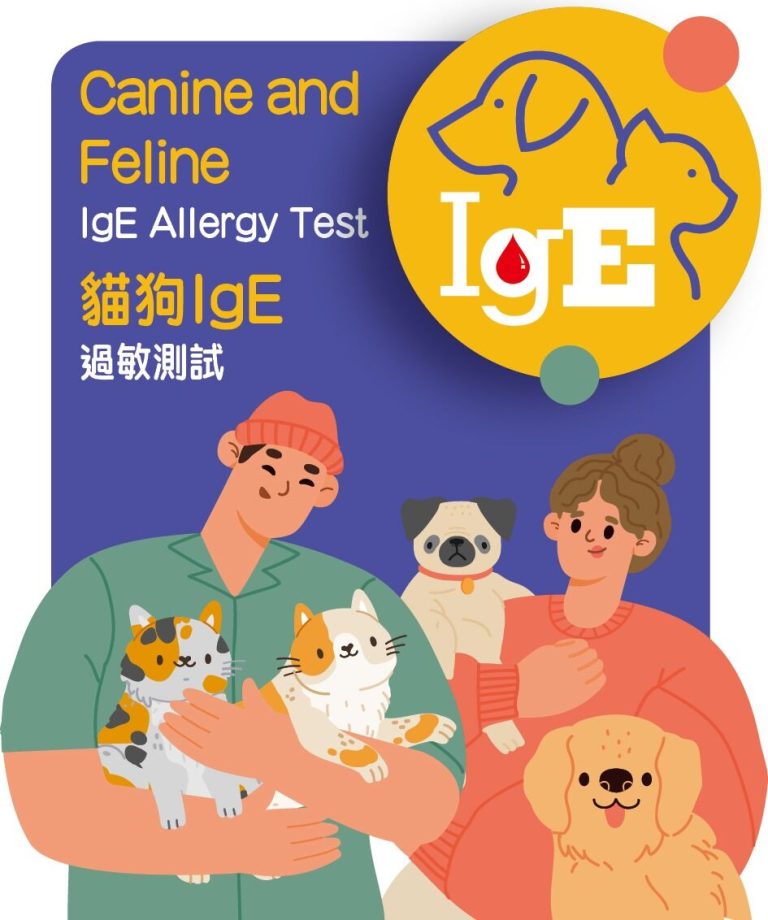As summer arrives, many parents notice that their children’s skin begins to experience abnormal itching. Behind this distressing symptom may lie a chronic skin condition known as atopic dermatitis, not just ordinary eczema.
According to Dr. Mo You, deputy director of the dermatology department at the First People’s Hospital of Guangzhou, atopic dermatitis is a highly troubling skin inflammatory disease, characterized by an unbearable itch. Patients often find themselves in a vicious cycle: the more they scratch, the more it itches, and the more it itches, the more they want to scratch. In fact, survey data shows that 63% of atopic dermatitis patients suffer from continuous itching for more than 12 hours a day, and 53% experience sleep disturbances or mental stress as a result.
For children, atopic dermatitis is particularly common. Medical data from China indicates that the prevalence rate among adults is 4.6%, while the rate in children aged 1 to 7 years is as high as 12.9%. More shockingly, the prevalence rate in infants aged 1 to 12 months reaches 30.48%, and this number is on the rise year by year.
So, how can atopic dermatitis be distinguished from ordinary eczema? Dr. Mo points out that the key lies in the duration and distribution of symptoms. Symptoms of atopic dermatitis typically persist for more than six months, and the affected skin areas are often symmetrically distributed. In the early stages, the symptoms may look similar to those of eczema: redness on the skin surface, small bumps, and even blisters. However, if the condition recurs over a long period, the skin may become rough like tree bark and accompanied by peeling.

It is also important to note that atopic dermatitis often has a genetic component. Patients may also experience related conditions such as allergic rhinitis, asthma, or conjunctivitis. Summer is a high-risk season for this condition, and parents should pay special attention to the skin on their infants’ cheeks, as well as the skin in the elbow creases, neck, and ankles of older children.
For patients who have been diagnosed, treatment is not a one-time fix. Dr. Mo emphasizes that atopic dermatitis is a chronic, incurable disease, similar to hypertension or diabetes, and requires long-term management. The treatment plan should be tailored to the severity of the condition: mild cases can be managed with topical creams, moderate cases may require phototherapy, and severe cases may need systemic medication.

Most importantly, patients should not adjust their medications on their own but should maintain close contact with their doctors, attend regular follow-ups, and adjust the treatment plan based on the course of the disease. Daily care is also crucial, such as using gentle bath products, keeping the skin moisturized, and undergoing allergy testing to avoid potential allergens.
For parents, early detection and professional treatment are key. If you notice persistent skin itching or abnormalities in your child, do not ignore or try to handle it yourself. Seek medical help immediately. With scientific treatment and careful care, the symptoms of atopic dermatitis can be effectively managed.








